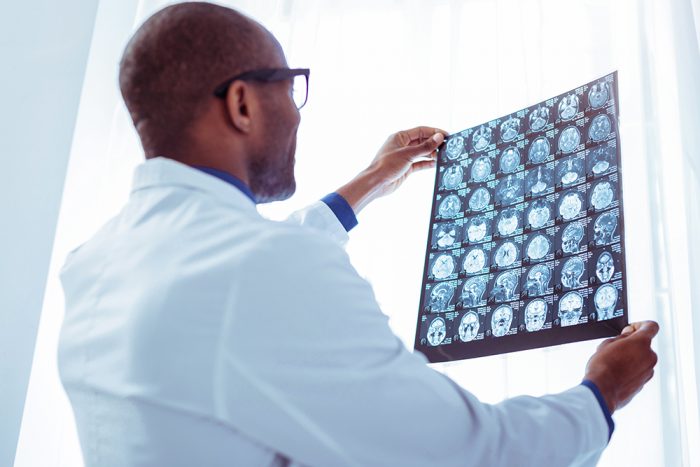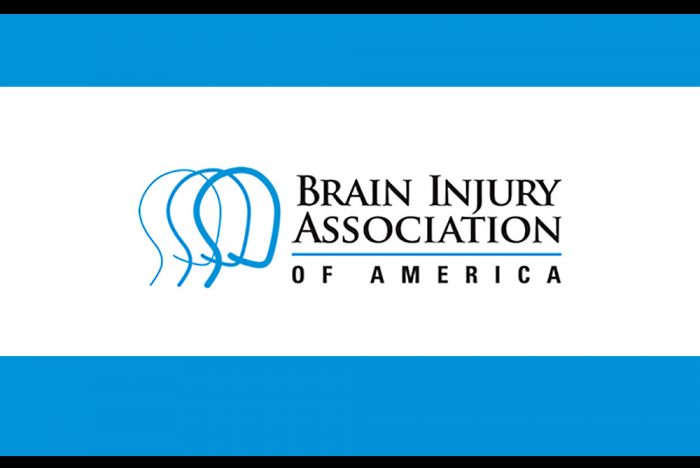Representative Tim Briggs originally scheduled a voting meeting for January 27, 2026, at 10:00 am to review amendments to HB 2042, known as the Safety in Youth Sports Act, which established standards for managing concussions and traumatic brain injuries of students participating in athletic activities. This meeting has been rescheduled to February 3, 2026, at 8:30 am.
Representative Briggs introduced HB 2042 in 2011. This meeting will include a discussion about proposed amendments to the original bill that will expand the scope of this Act to further provide for the proper management of brain injuries. The amendments include non-scholastic league and recreational sports and also provide information on Return to Learn. Representative Briggs will be incorporating this bill into the Pennsylvania Consolidated Statutes so that it is no longer a freestanding act.
The meeting will be held in Room 60 in the East Wing and will be livestreamed from the House Committee website.

















